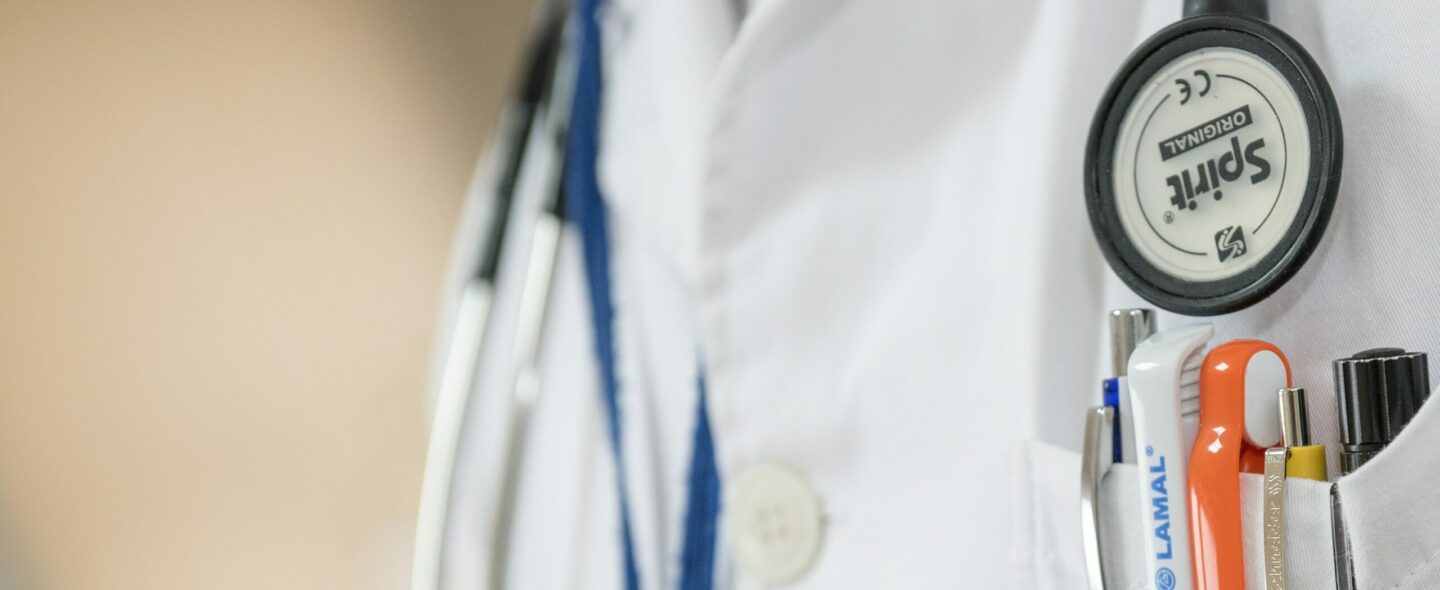
Jolly Good Inc. and the National Center of Neurology and Psychiatry (NCNP) is working on a joint research project that uses VR for cognitive behavioral therapy as a world’s first trial in the field of medical treatment for patients with depression[1]. The combination of drug therapy and such behavioral therapy, which increases the amount of behavior through counseling, is considered to be effective in the treatment of depression.
In this joint project, depressed patients would experience various VR images such as natural scenery and hobbies that are expected to evoke positive emotion. The aim is to enable patients to quickly immerse themselves in scenes which make them feel happy. The experience brings surprising changes; in one case, a patient who saw the image of a sand beach in VR later on actually went out to visit the sea, Dr. Masaya Ito told Nikkei. The report added that Tokyo-based Jolly Good plans to start clinical trials as early as 2021 and aims to obtain approval as a digital medicine. The company is also developing applications for developmental disorders and schizophrenia[2].
Digital medicines aim to treat diseases by altering the patient’s mindset and lifestyle using digital devices such as smartphones. Images and words are applied to influence patients, compared to conventional pharmaceutical products which rely on chemical substances. The development cost is substantially lower for digital medicines which are drawing attention as a new means of treatment also because of having lower risk of physical side effects.
According to consultancy firm Roland Berger, the global market of digital therapeutics will be worth USD 120 billion (about JPY12.6 trillion) by 2024, 60 times larger than it was in 2018[3]. Although apps have been the mainstream in this market so far, there has been a tendency to use new digital technologies such as VR.
Another interesting development comes from a biotech spin-off from Keio University, School of Medicine, Otolink Inc[4]. The company is developing an app which improves hearing loss by combining it with hearing aids.
“While a number of start-ups around the world are competing to develop modern treatments for hearing loss, the focus is disproportionately on gene therapy and regenerative medicine, and thus there is little prospects as yet for development of adequate treatment for age-related and other types of hearing loss” the Tokyo-based company says.
The Otolink app evaluates the way one hears sounds and adjusts the hearing aid to meet the patient’s need. The device rehabilitates the brain which is used to the hearing-impaired condition by adjusting it to become comfortable with the actual sounds again.
Clinical analysis using hearing big data of individual patients gathered from daily measurement at their home “is one of our strengths which we consider to be world class” the company says.
According to a survey by the Japan Hearing Instruments Manufacturers Association[5], it is estimated that there are 14.3 million people in Japan with hearing loss, but only 14% of them use hearing aids. Since there are few people who adjust their hearing aids frequently after purchase, many stop using them when they experience hearing abruptly loud with their hearing aids. Otolink believes that enabling patients to easily train the brain for adequate hearing will increase the use of hearing aids which is the most effective medical intervention.
Other digital therapeutic start-ups include Aikomi Ltd., which aims to improve the peripheral symptoms of dementia such as anxiety and aggression, by showing patients videos and music selected by artificial intelligence (AI), CureApp Inc. that provides a nicotine addiction treatment app, SUSMED Inc. in Phase III clinical trial with their app for insomnia, Save Medical Corp. developing an app for diabetes management and Kimamani Inc. that offers emotion diary KibunLog for anger management ad self-monitoring against anxiety and depression.
[1] https://jollygood.co.jp/news/2249
[2] https://jollygood.co.jp/news/2488
[3] https://rolandberger.tokyo/newsletters/digital-therapeutics-~第3の治療法~
[5] http://www.hochouki.com/about/report/program.html
https://www.nikkei.com/article/DGXMZO65092710W0A011C2FFT000/ (Japanese only)


